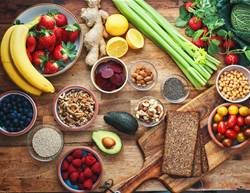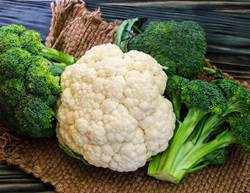Over the last two years, interest in immune system-supporting nutrients like zinc has been rising, thanks largely in part to the COVID-19 pandemic. It’s true that zinc is an essential mineral that may help support immune function and eye health. But rather than worrying about rushing to the pharmacy to pick up a supplement, try incorporating more foods with zinc into your routine.
Why should you try to get more zinc in your diet? Zinc plays an important role in immune function. People who are deficient in zinc may show declines in immune function and may be more susceptible to infectious diseases such as pneumonia. Plus, some studies have shown zinc may reduce the duration of the common cold. Zinc deficiency has also been associated with age-related macular degeneration, a leading cause of blindness in older adults.
The recommended daily intake of zinc is 14 mg/day for adult men and 8 mg/day for adult women. Most people with varied diets are able to meet this recommendation through food sources. However, people on vegetarian diets may need to consume higher amounts of zinc. This is because even though there are plenty of plant-based sources of zinc, most of these foods are also high in phytic acid, which interferes with the body’s absorption of zinc.
Even in the case of vegetarian diets, it’s recommended to prioritise food as your zinc source. Though it’s important to note that it’s easy to ingest too much zinc from supplements. An excess of zinc can cause gastrointestinal distress such as abdominal pain and vomiting. Even more, excessive intake of zinc can also interfere with other essential nutrients like copper.
So instead of reaching for a supplement, you might want to consider upping your intake of certain zinc-rich foods. But, which foods contain zinc? Animal sources are the biggest sources of zinc, including seafood, meats, and dairy products. However, most protein sources, including vegetarian ones, contain zinc and can contribute to your daily intake. Simply varying your protein sources can increase your zinc consumption. Looking to increase your intake of the mineral? Try incorporating any of the following 9 foods into your diet, all of which are particularly high in zinc.
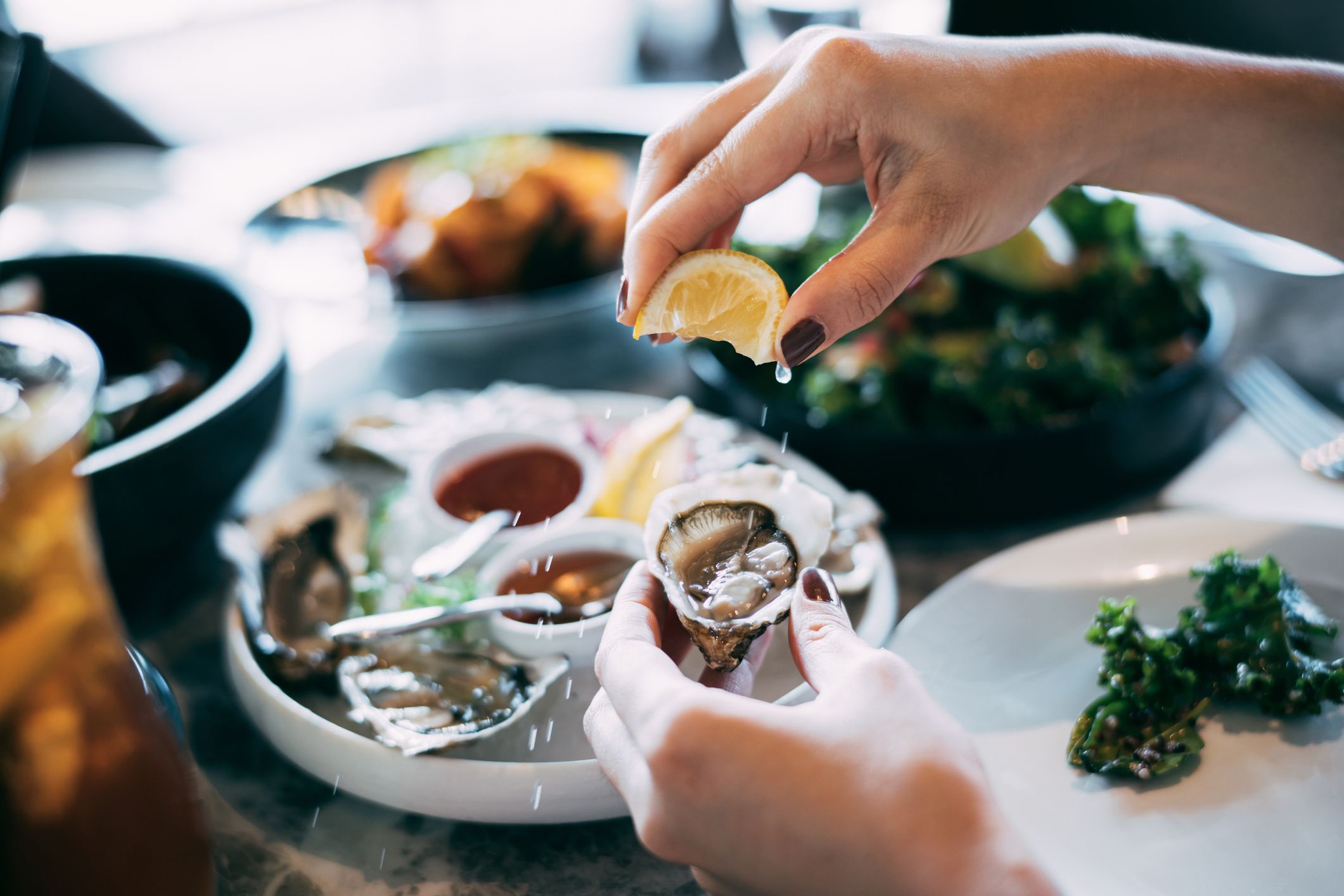
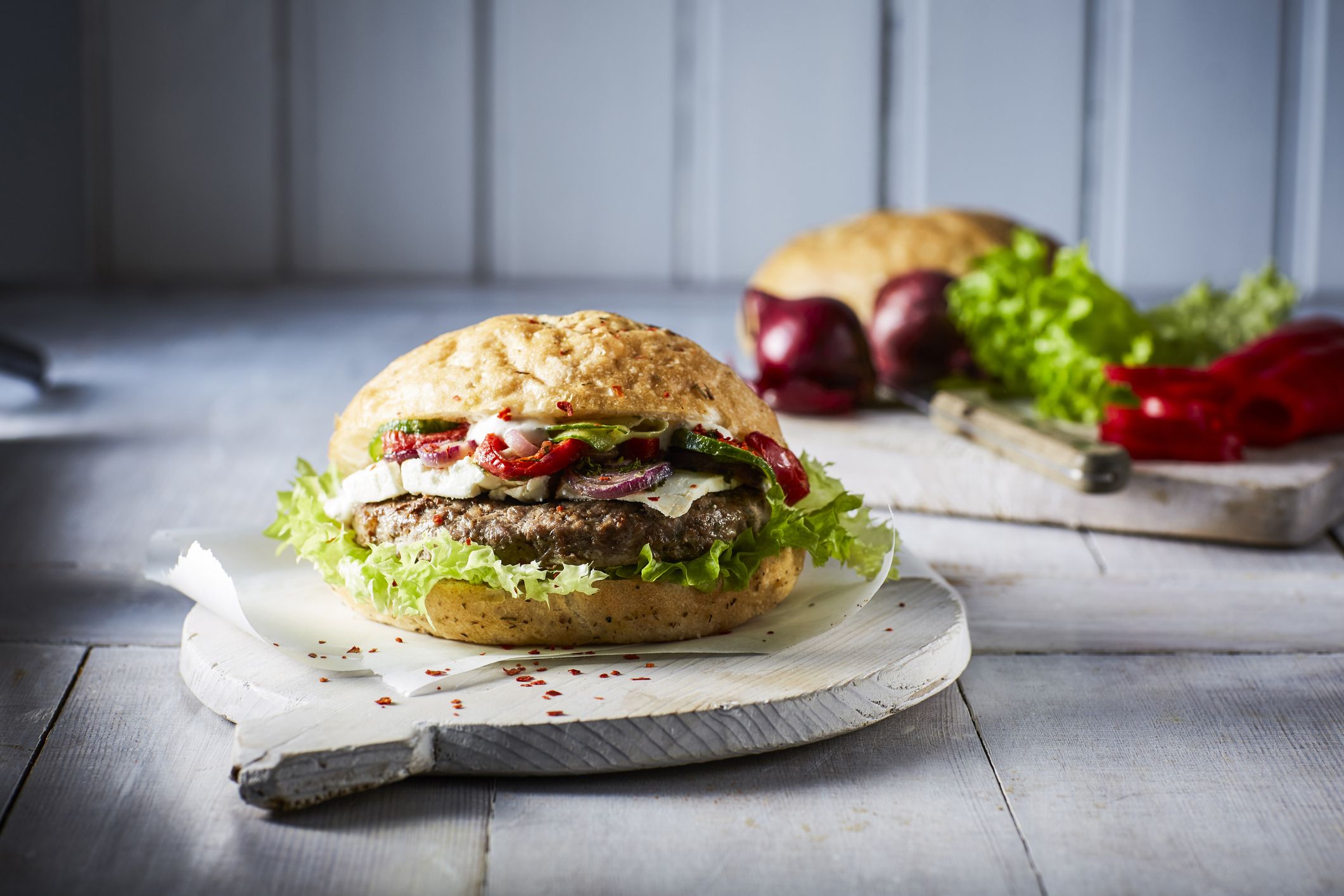
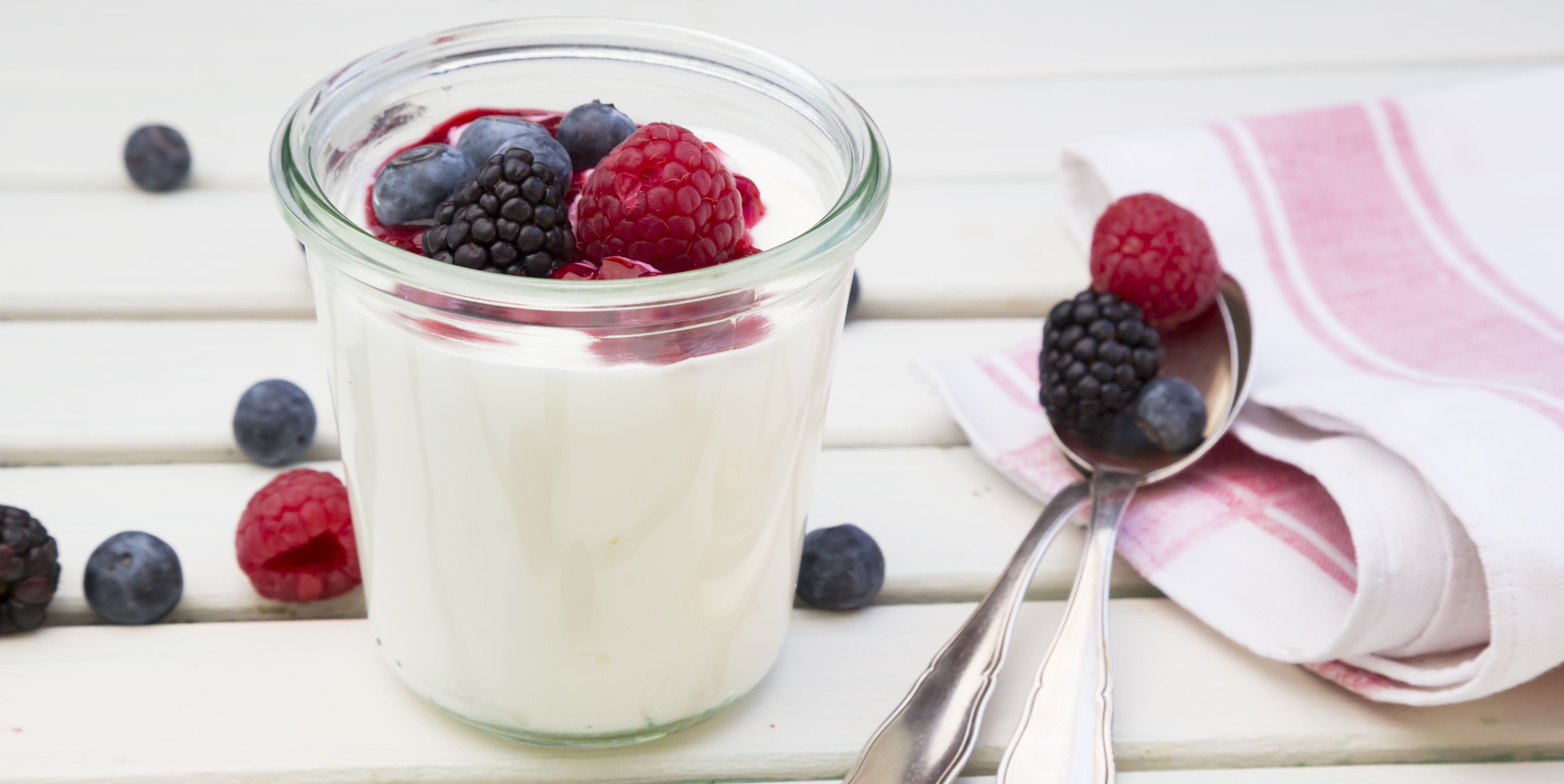
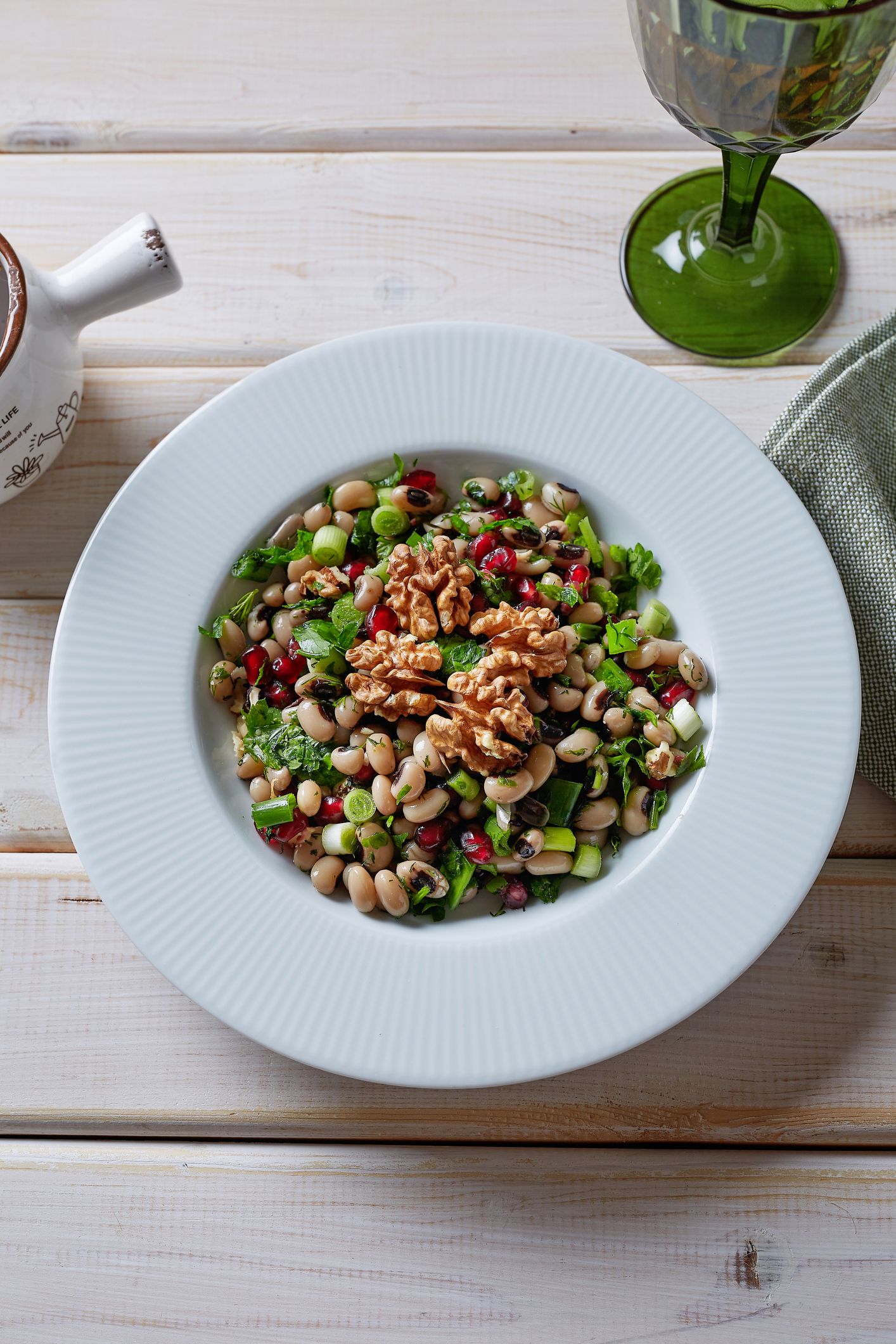
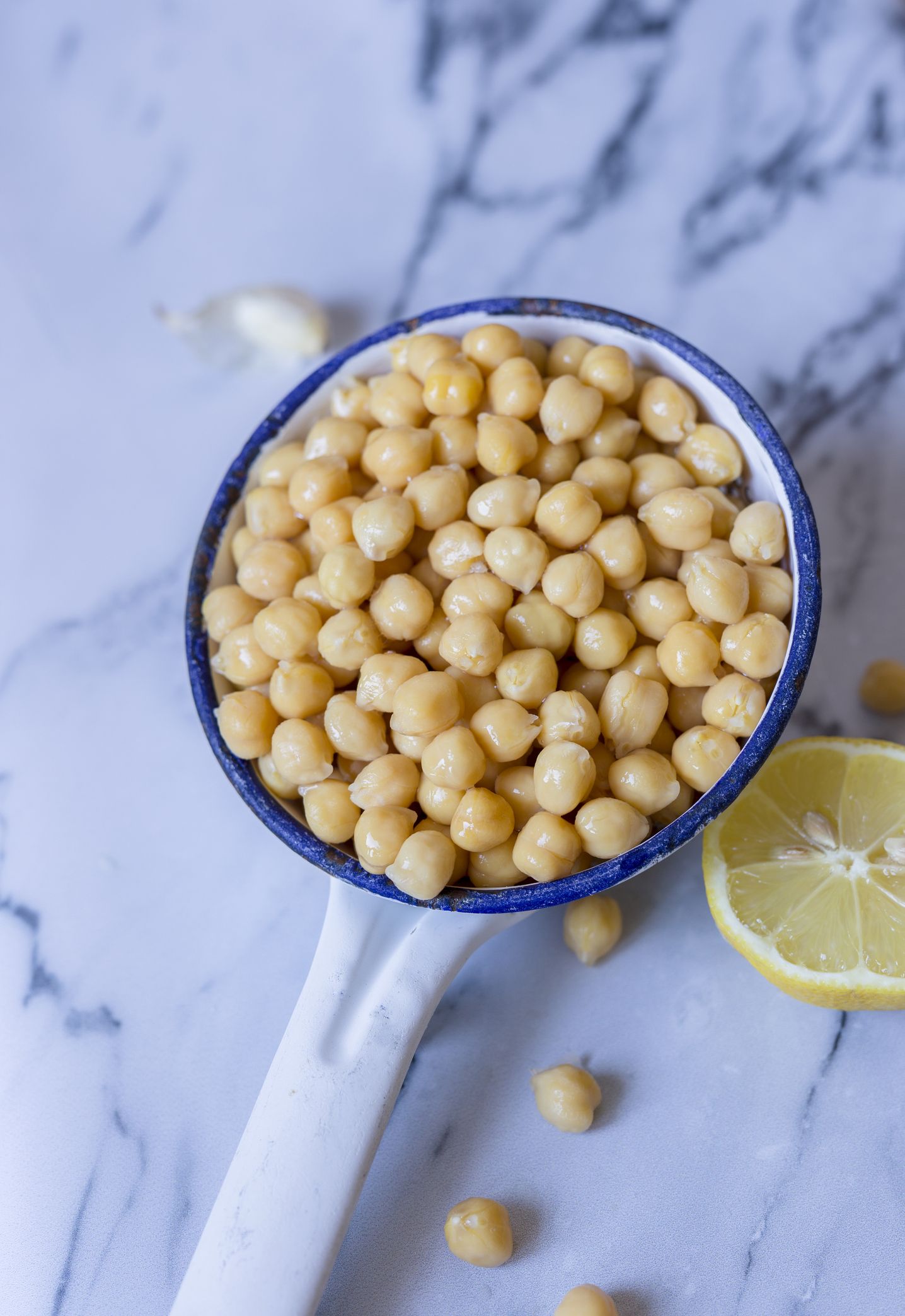
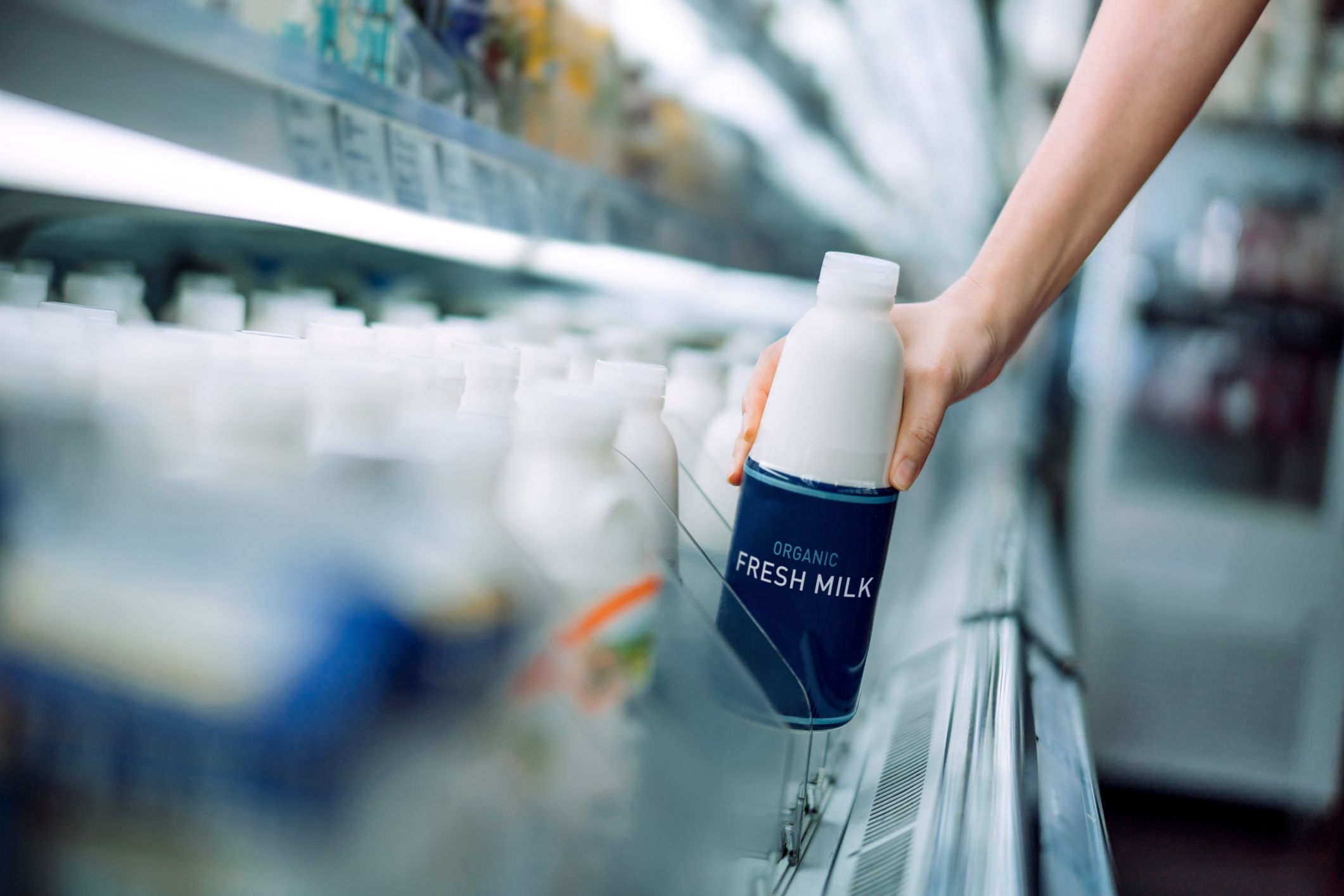


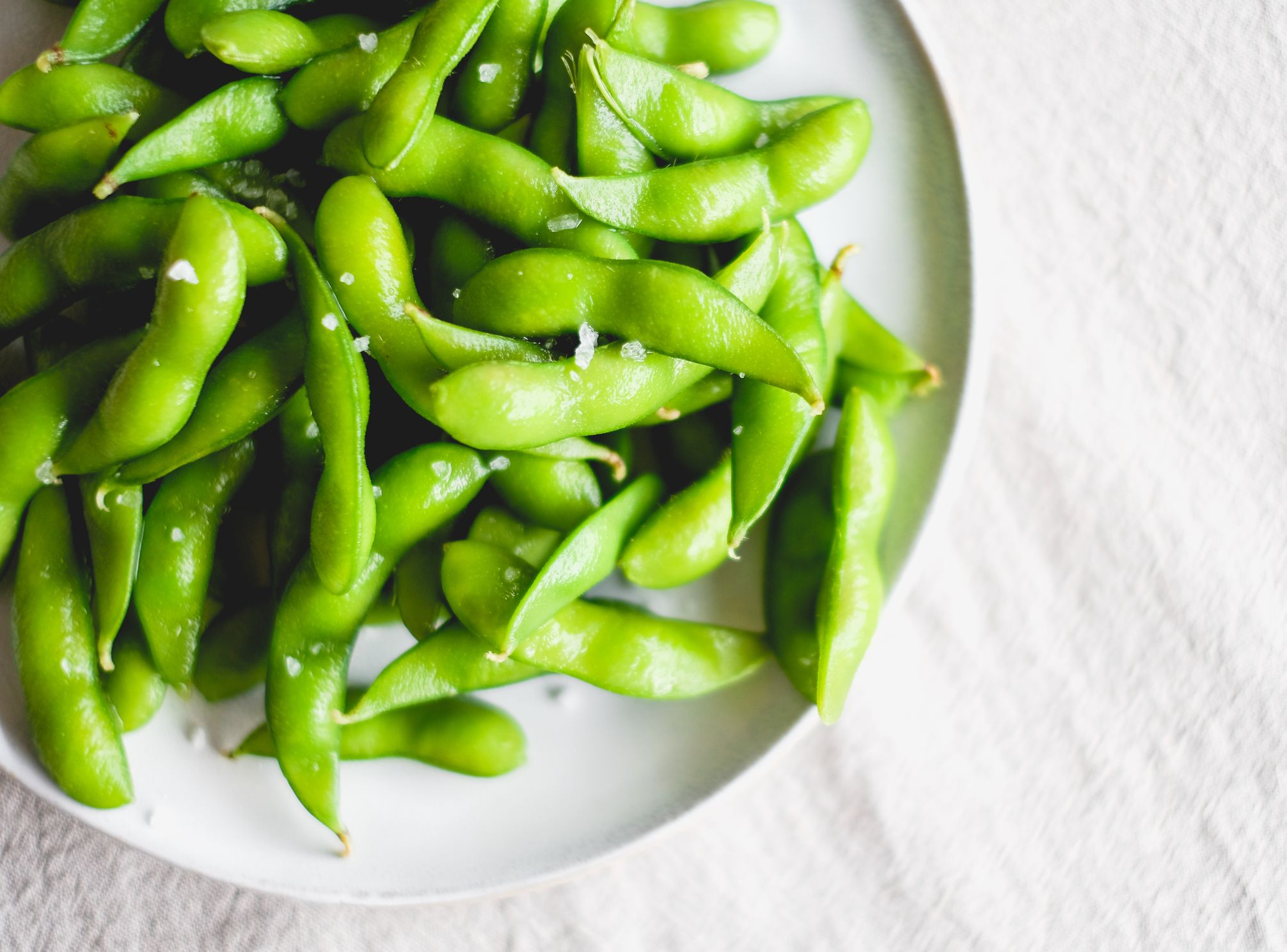
Westend61 ©Getty Images
1) Oysters
These shellfish are one of the richest sources of zinc, with a serving of 6 oysters providing 33mg of the mineral (or more than four times the recommended daily intake for women). Any preparation of oysters will provide zinc, so feel free to go for fresh oysters by the beach or in a stew on colder days.
Westend61 ©Getty Images
2) Beef
Beef isn’t just a great protein source it’s also a good source of zinc! A 120g ground beef burger provides just over half the daily intake of zinc for men.
Westend61 ©Getty Images
3) Yoghurt
In addition to being a good source of calcium and protein, yoghurt can contribute almost 10% of your daily zinc intake in a 150g serving of greek, nonfat yoghurt. Combine with some of the plant-based options on this list like almonds or peanut butter for a high protein, high zinc breakfast.
Westend61 ©Getty Images
4) White beans
Since zinc is primarily associated with protein sources it’s no surprise that beans, one of the main plant-based protein sources, would also be high in zinc. While all beans are a good source, varieties like white beans and black-eyed peas are particularly high in zinc.
Westend61 ©Getty Images
5) Chickpeas
Like beans, chickpeas are a high protein legume that are also high in zinc. As they are one of the primary ingredients in hummus, it means you can use this tasty spread to increase your zinc intake.
Westend61 ©Getty Images
6) Milk
Like yogurt, milk is another dairy source of zinc. One cup of milk contains almost 10% of the daily intake of zinc for women.
Westend61 ©Getty Images
7) Almonds
Almonds are a great source of zinc and plant protein. Really looking to increase your zinc intake? Reach for almonds instead of almond milk; a quater cup of whole almonds has about twice as much zinc as a glass of almond milk.
Westend61 ©Getty Images
8) Peanuts
Peanuts are another high zinc legume, also providing protein and healthy fats. Peanut butter can be a good source too, with a 2 tablespoon serving providing about 7% of the daily intake for men.
Westend61 ©Getty Images
9) Edamame
Edamame is another high-protein legume that’s packed with zinc. You can find zinc in fresh, frozen, or dried forms of the legume. Whichever way you serve it, a 1 cup serving will provide 19% of the daily recommended intake of zinc for men.







